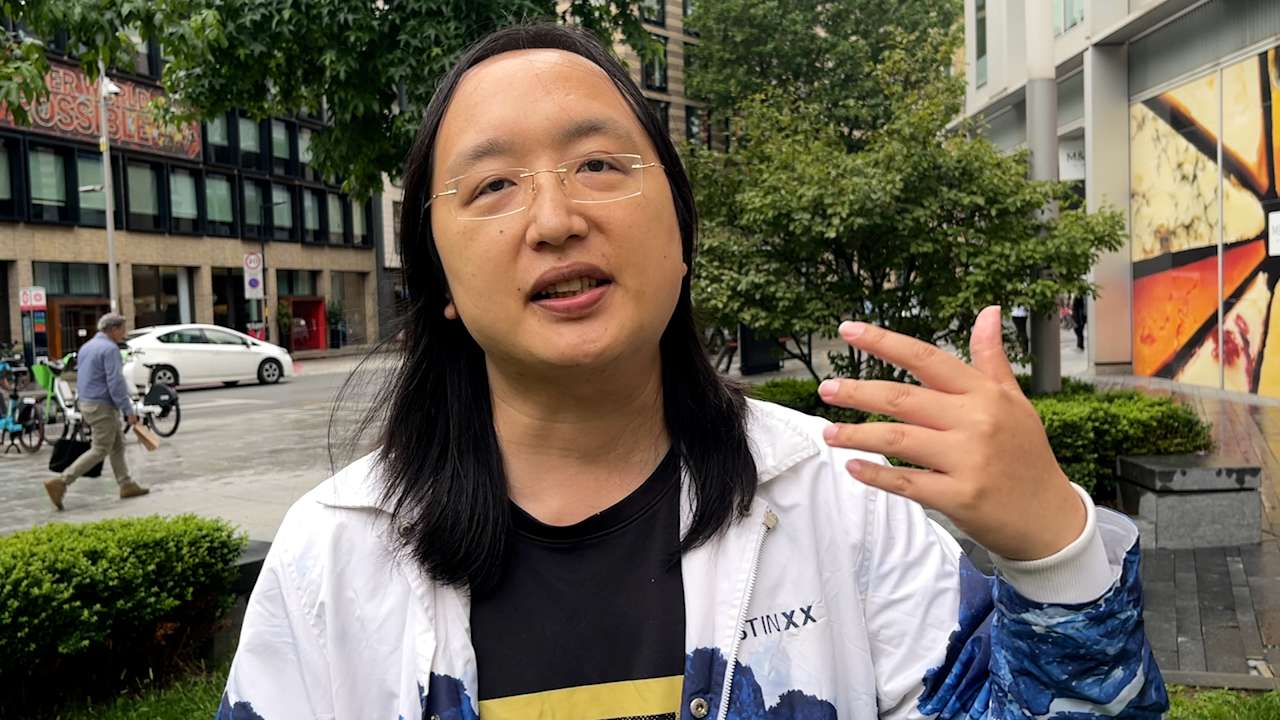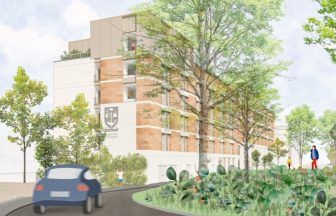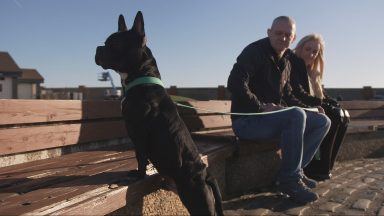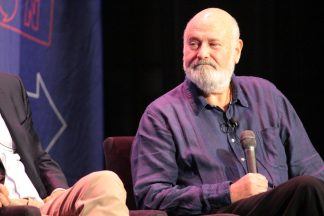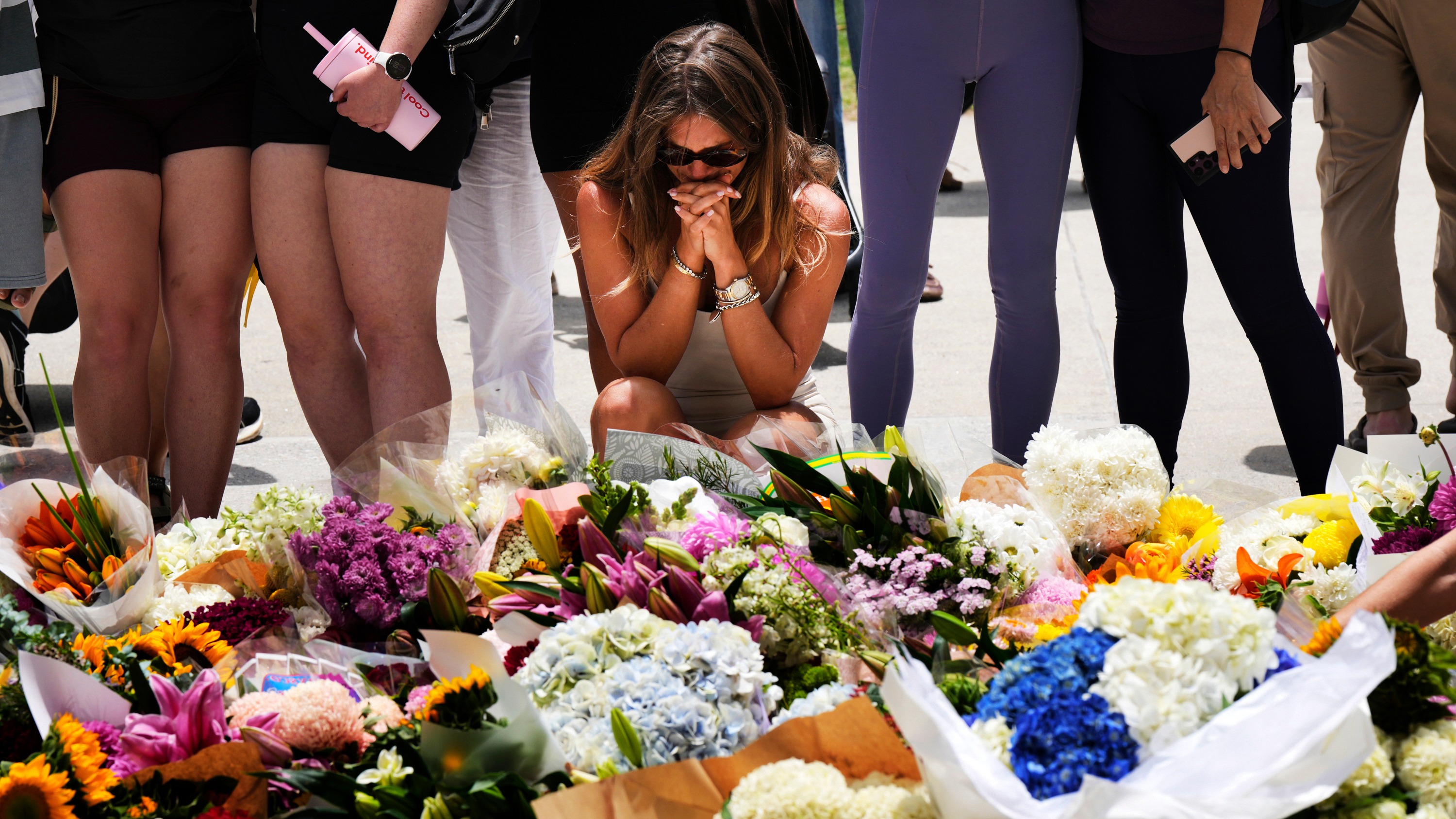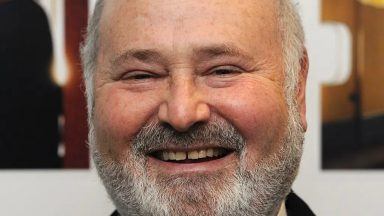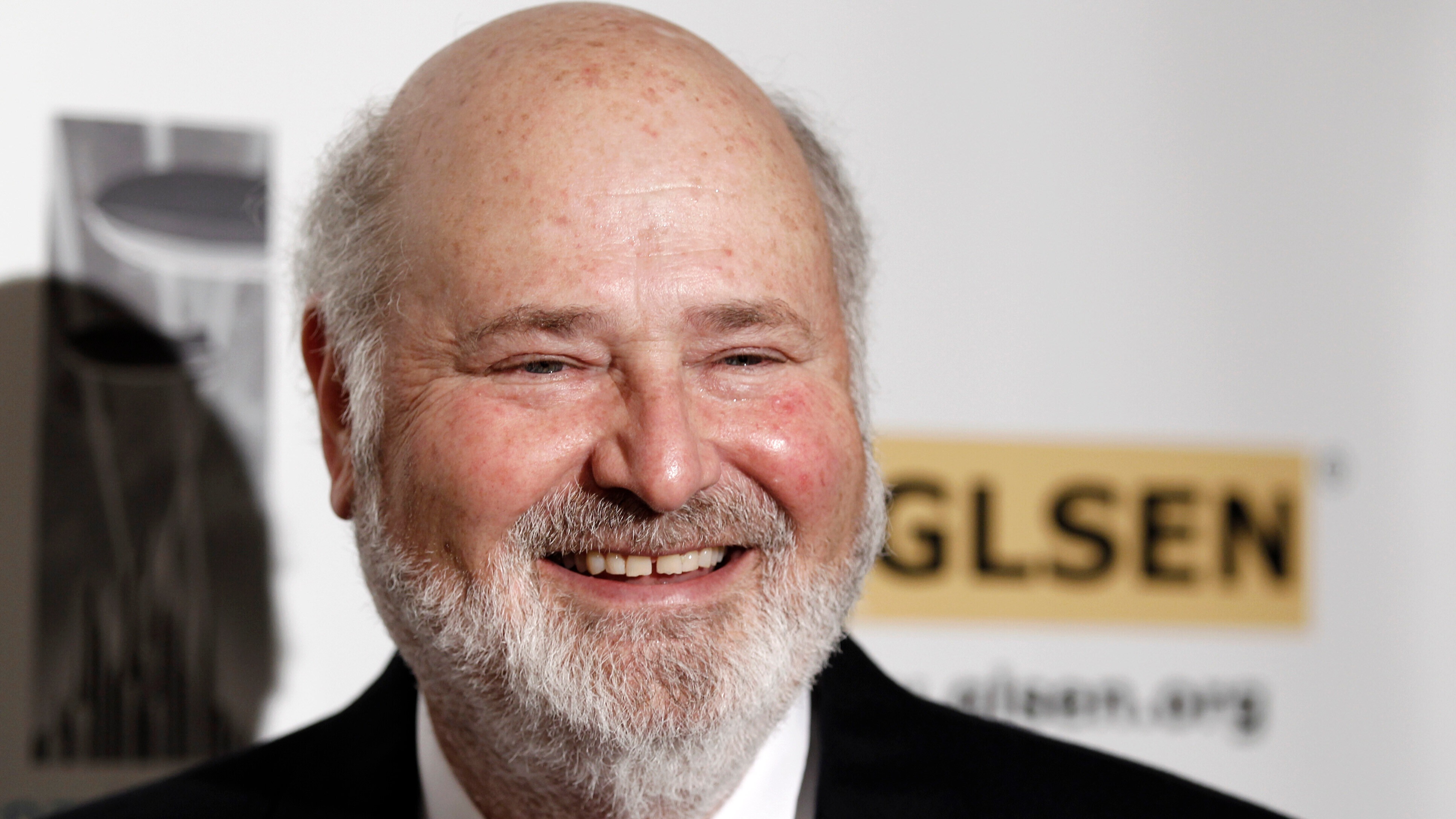Audrey Tang, thought to be the world’s first non-binary minister, has told ITV News how gender nonconformity in politics can improve democracy around the world.
Tang, who was a hacker before being invited to join Taiwan’s government, is credited with helping restore Taiwanese faith in politics from a critical low-point.
In the UK, voter apathy is currently thought to be at an all time high, and the turnout at the recent general election was at its lowest since the vote was extended to all adults over 21 in 1928.
While Labour won a landslide over the Tories, just 52% of the British adult population cast their ballots on July 4.
Tang, who is now advising administrations around the world on how to improve trust in democracy, told ITV News what the Labour government could do to boost turnout before the next poll in five years.
How Taiwan became Asia’s most trusted democracy
“I was born into martial law in Taiwan – Taiwan was not a democratic place,” Tang told ITV News while on a European tour, sharing ideas on how to improve faith in politics around the world.
And trust in the Taiwanese government was at just 9% when Tang was invited to join in 2016, but it had surged to over 60% by the time they left in May this year.
Tang was a hacker, before becoming Taiwan’s first digital minister, part of a group of student protesters who occupied the Parliament building in opposition to proposed laws which would have strengthened ties to China.
Tang helped co-ordinate, via online technology, a public debate during the protest which made it clear to the government that the people of Taiwan also opposed the new law.
The head of Taiwan’s Parliament noticed Tang’s role in using technology to gauge public opinion and asked them to help the government do the same with more issues.
Taiwan is now ranked number one in Asia by the Economist Democracy Index, which ranks the quality of democracies around the world.
How Taiwan is using tech to improve democracy
“To give no trust is to get no trust,” Tang said when asked how they helped transform Taiwan’s faith in politics.
“It starts by governments trusting the people’s input a little bit more – and some the people eventually trust back.”
Tang’s theory is that governments can gain trust from their people by asking them to take part in the decision-making process and doing as they say when public opinion is clear.
Various online platforms exist in Taiwan, where the government asks the people for their thoughts on particular subjects.
The process allows people to feel they are participating in democracy and they can see quickly whether they had any impact on policy.
“When people participate in democracy, they get responses in the here and now – they don’t have to wait four or 14 years” to see results.
The systems helped the Taiwanese government develop policies on income tax software and cancer treatment.
Citizen involvement in decision making has been so successful that the members of the Taiwanese Parliament once complained that people online had more opportunity to influence decisions than they did.
Asked how the UK could learn from Taiwan, Tang said “voting is important, so do that more”.
“I’m not saying that, the MP [general] election should be run every weekend… but in Taiwan you have every weekend, several places to participate… in every level of government, there are ways to continuously collaborate.”
How non-binary people ‘can improve democracy‘
Gender issues have formed part of a culture war in many countries around the world, with politicians struggling to form policies which appear fair to everyone.
But could gender nonconformity actually be good for democracy? Tang is convinced it is.
“I see things from a thoroughly non-binary perspective,” they said, “meaning that I take both sides or I take all the different sides.”
“I don’t have in my mind this idea that half of the people are my people and another half of people are not my people, and it helps my politics as well.”
They added: “And when people can hold in their mind all the different sides, usually some bridging ideas happen, and you can then redefine the divisions in the society in terms, not of the existing divides, but rather on how creative you can have those bridging ideas.”
Tang wants more politicians to think like a non-binary person when developing laws.
“I sometimes say that I’m the first openly non-binary, cabinet minister, meaning maybe everybody is a little bit non-binary. They’re just not very open about it.
“So I would encourage people to experience ‘non-binaryness’ more, not just in gender but in everyday life, and also entertain the opposing ideas.
“Maybe they’re not as opposing as you think.”
Audrey Tang has released a free online book on how technology can revolutionise democratic governance
Follow STV News on WhatsApp
Scan the QR code on your mobile device for all the latest news from around the country


